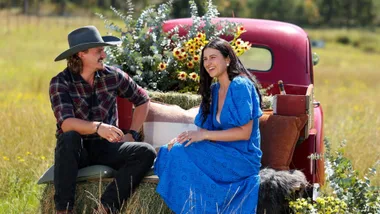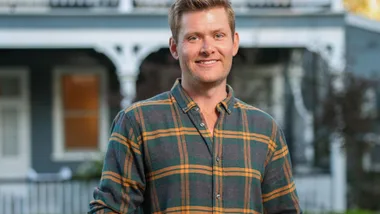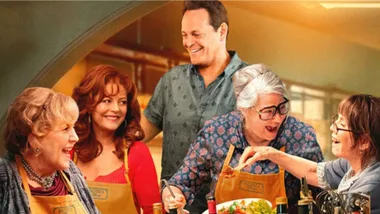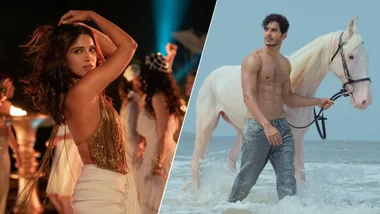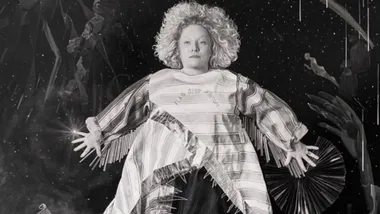We’re in the midst of a seismic change in Hollywood.
The #MeToo era has shone a spotlight on the erroneous and egregious mistreatment and abuse women have experienced at the hands of top studio executives and co-stars alike.
It’s not to say the industry is now free from assault, harassment and mistreatment thanks to the work of brave victim-survivors coming forward to share the stories of their abuse, but the tide is certainly turning in favour of females.
The introduction and frequency of intimacy coordinators and policies and procedures keeping the industry accountable have helped ti reshape the culture, but there is still a long way to go.
Gender equality may be in Hollywood’s horizon, but it’s assuredly not in its reach just yet.
Instead of waiting for Hollywood to catch up with the rest of the world, there are an innovative few women who are taking it upon themselves to be the catalyst of change.
Award-winning Australian actress Margot Robbie is one of them.
Since breaking through to mainstream success in 2013 as Naomi, the mistreated wife to Leonardo DiCaprio’s megalomaniac Jordan Belfort in The Wolf Of Wall Street, Robbie has maintained her position as one of the highest-grossing actresses of this generation.
Being a member of the exclusive, upper-echelon Hollywood elite is a lucrative role to have, and one that many reside themselves to. However, for Robbie she feels there’s more work to be done shaping the future of Hollywood off-screen than on.
Her latest film, Babylon, sees Robbie portray an inspiring silent film star desperate to make it in the 1920s era of Hollywood, going to extreme lengths to attract the attention of the male executives who posses the power to change her life overnight.
It’s not to dissimilar from the state Hollywood is in now. With the industry on the precipice of great change, Robbie finds herself not in the position of the burgeoning film starlet that she was almost a decade ago, but as an executive producer making tectonic shifts to break the patriarchal mould.
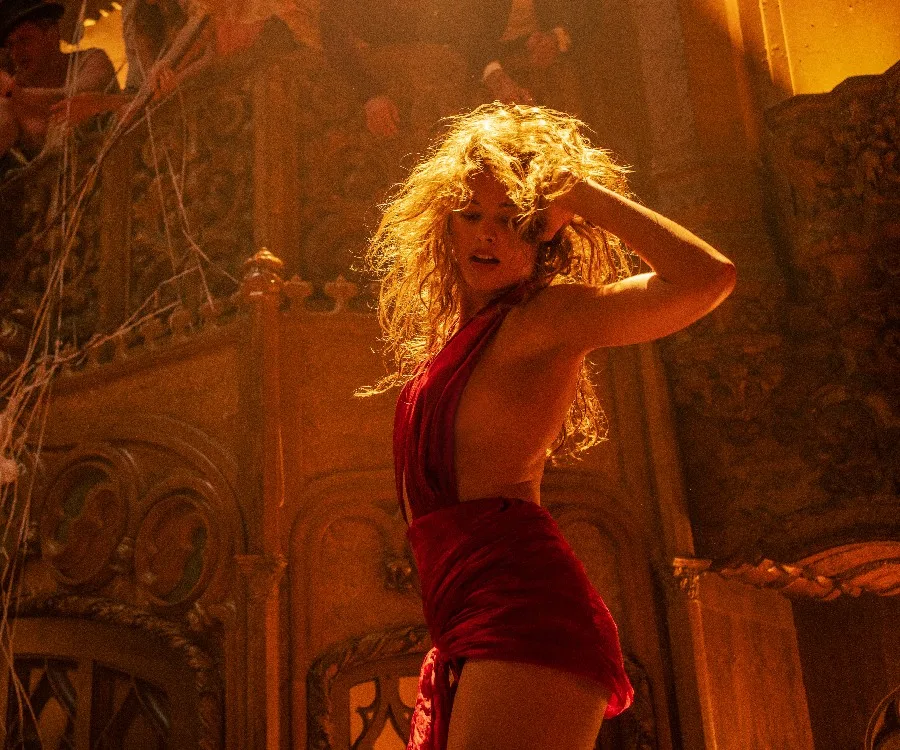
When marie claire Australia caught up with Robbie following the Sydney premiere of Babylon, we wanted to know how one of our most successful home-grown exports is changing the landscape of Hollywood, ten years after her stellar debut into the scene.
“I’m a producer and that definitely gives you the ability to make change,” she tells us when I ask how she’s helping make Hollywood more diverse and inclusive and empower female voices since the bygone era portrayed in Babylon.
“There’s only so much you can do as an actor,” the star adds, which seems like a pertinent observation considering the power producers wield in Hollywood circles.
“As a producer you get to be a part of the conversations about who is being hired, and in what roles and how much they’re getting paid,” she explains.
Since it’s inception in 2013, Robbie’s production company LuckyChap Entertainment—which she co-founded with her husband Tom Ackerley and friends Sophia Kerr and Josey McNamara—has been responsible for a slew of films that flip the narrative of a submissive female protagonist on its head.
Through Promising Young Woman and the upcoming film Barbie, Robbie is helping women reclaim their voices and tell stories on their own terms. But it doesn’t stop there.

Their company motto is ‘if it’s not a f**k yes, it’s a no’ and the work Robbie and her company are doing to literally change the prevalence of woman in Hollywood is a resounding ‘f**k yes’ moment for female filmmakers everywhere.
For the record, women made up 24% of directors, writers, producers, executive producers, editors and cinematographers working on the 250 grossing films of the year, as per a Centre For The Study Of Women In Television And Film report.
Changing this disparity is something Robbie is incredibly passionate about
“We [LuckyChap Entertainment] have things like a program [Lucky Exports Pitch Program] at the company, where we make sure that there’s a writing initiative for six weeks with female writers and we make sure they get paid,” she notes.
The program, which originated in 2019, incubates emerging female-identifying writers by exposing them to leading writing rooms and providing them with experience needed to helm future projects. For Margot, it’s more than being an A-lister or actress herself, it’s about championing the next generation of Hollywood heavyweights.
“They can sell their pitch and get paid in the action film space, which is all high paying, then we actually physically change the statistics about how many women get paid, or how many women are actually screenwriters.
“It’s hugely important to us.”
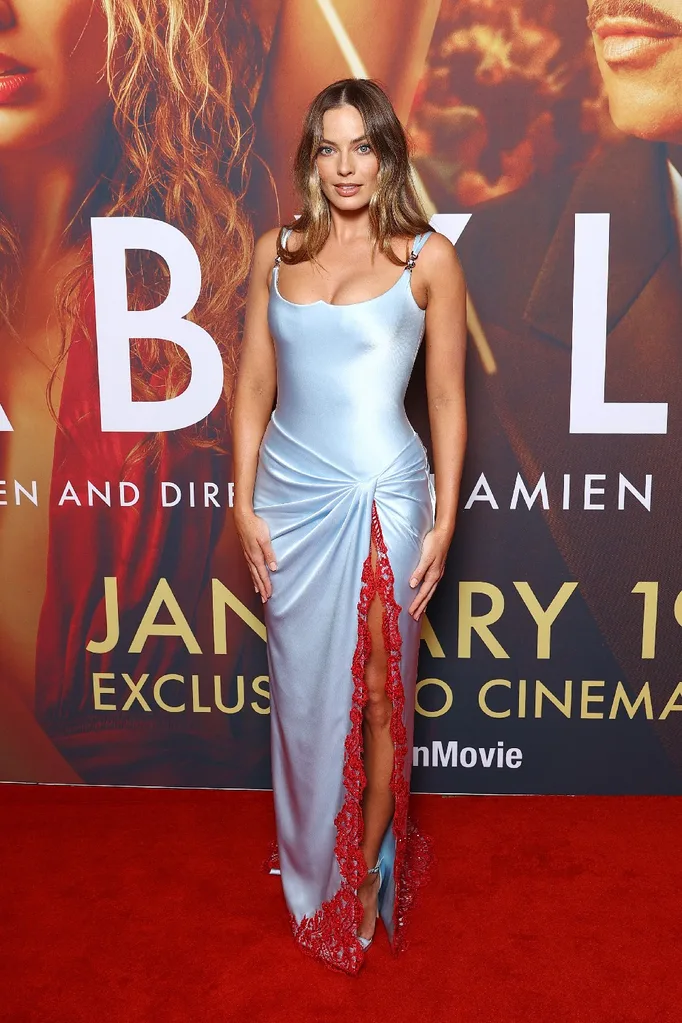
We don’t need to remind you of the importance of female voices in cinema, and neither does Robbie, but she does add that her roles as producer rather than her role as an actress is the medium in which she feels most empowered in.
“The company is definitely the avenue for making change in Hollywood”, she notes.
Robbie isn’t the first A-lister to use their power as a producer to shift the needle, but she clearly won’t be the last. From Drew Barrymore and Flower Films to Reese Witherspoon and Hello Sunshine, it’s clear that the future of female storytelling in Hollywood is in safe hands.
Babylon is available to view in cinemas on January 19.

